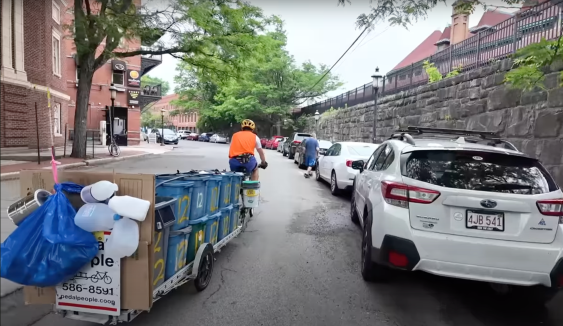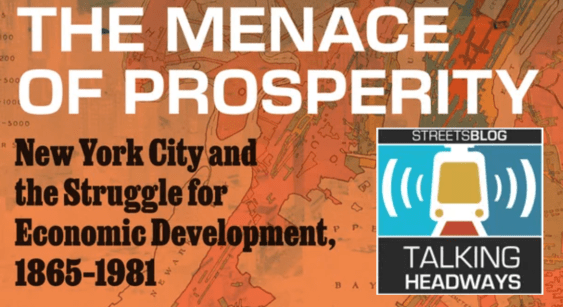
New Orleans transit is in bad shape, as we reported recently. The New Orleans Regional Transit Authority has never recovered from Hurricane Katrina and service is at about 36 percent of pre-storm levels despite the region's population rebound.
New Orleans' frequent service lines have been slashed dramatically. Even newly built streetcar lines are running infrequently.
So why is New Orleans planning a major expansion that would dramatically expand the streetcar system, as well as add light rail and bus rapid transit? As Yonah Freemark recently pointed out at the Transport Politic, despite its inability to deliver frequent along its existing routes, NORTA plans to pour $3.5 billion into construction.
This case, Freemark explains, illustrates problematic incentives embedded in federal policy. Namely, the federal government makes money available for expansion projects but not for day-to-day service:
Because transit support from Washington, D.C. explicitly prevents spending on operations for most cities, it would be a mistake for New Orleans to pass up on the funds available for new construction.
Indeed, from a budgetary perspective, there is nothing about plans for new transit expansions that either prevent better operations or encourage it; operations and capital budgets might as well be coming from different agencies altogether.
This does not serve transit riders well, Freemark says. Current transit users in New Orleans have substandard service, and new lines could very well suffer the same fate.
Freemark says perhaps the federal government should require some type of guarantee from transit agencies considering expansions that the service would be adequate to warrant the initial investment. Or perhaps greater flexibility -- letting federal funds be spent on operations as well as capital expenses in poorer regions, like New Orleans, for instance -- would help produce better, more equitable outcomes.





